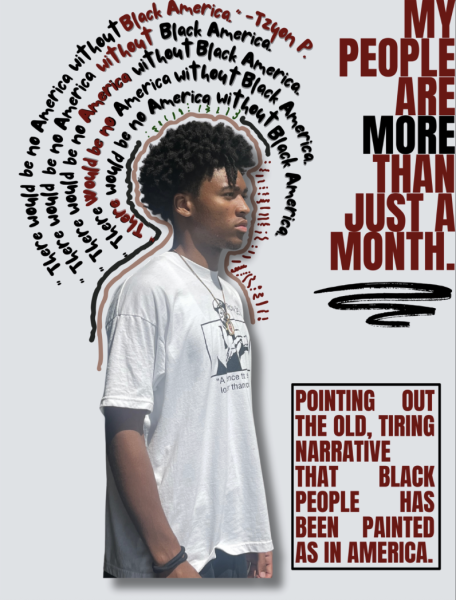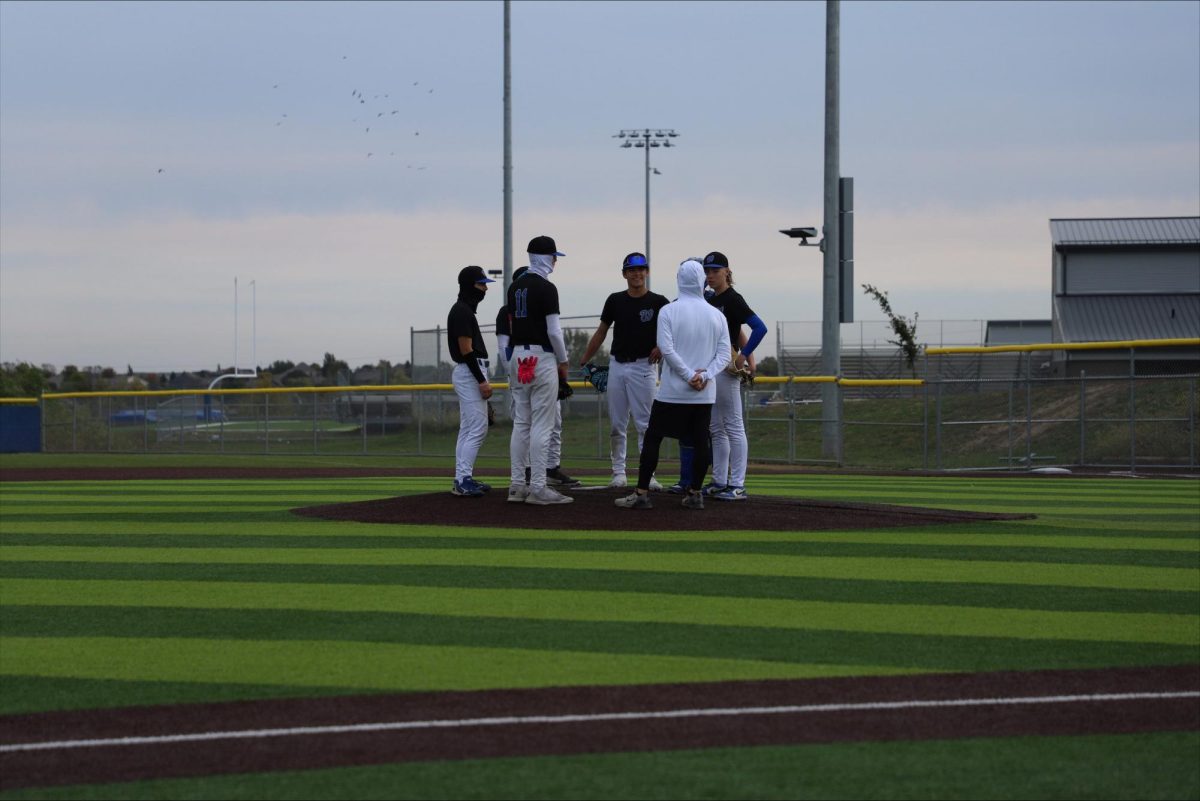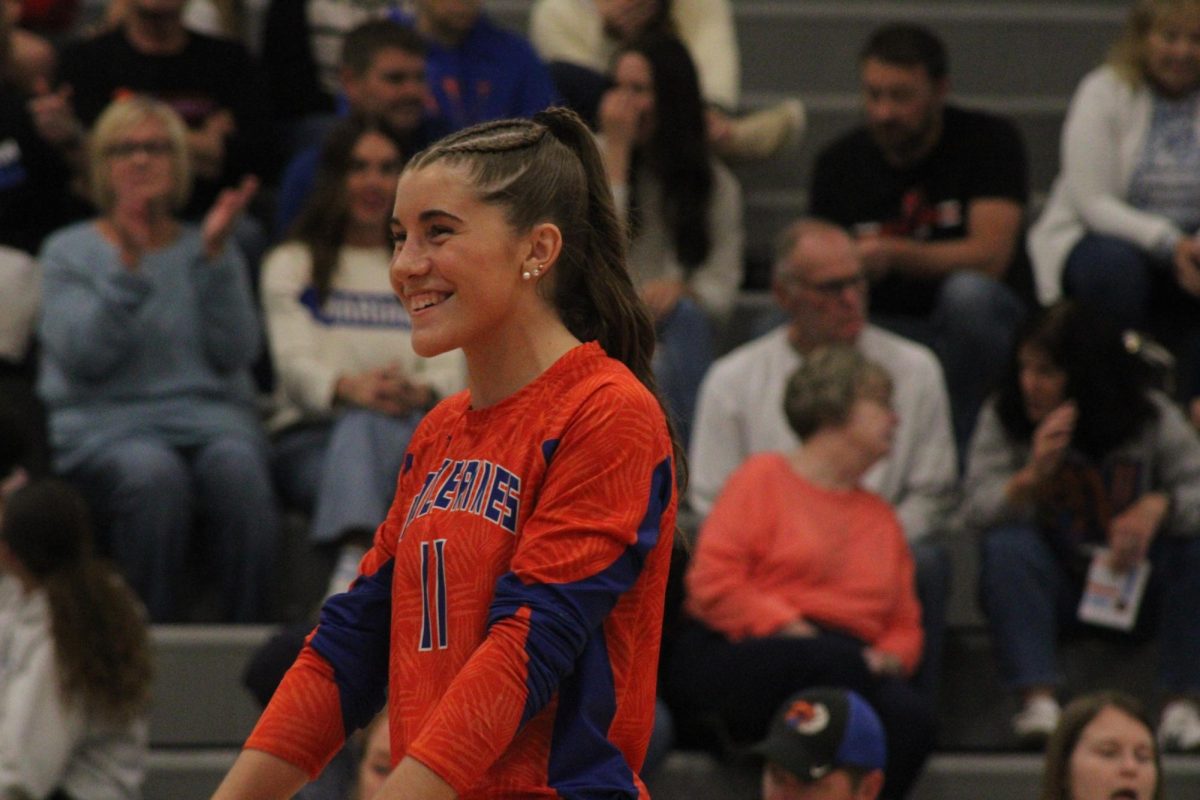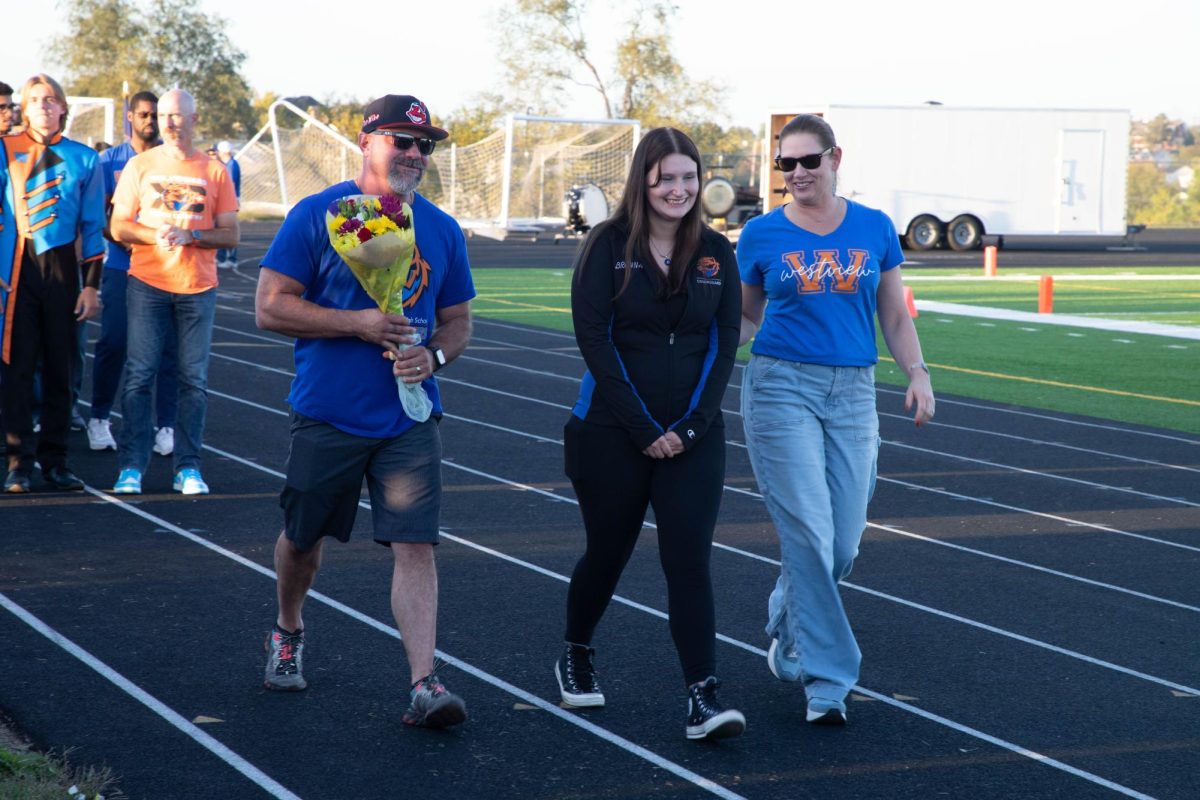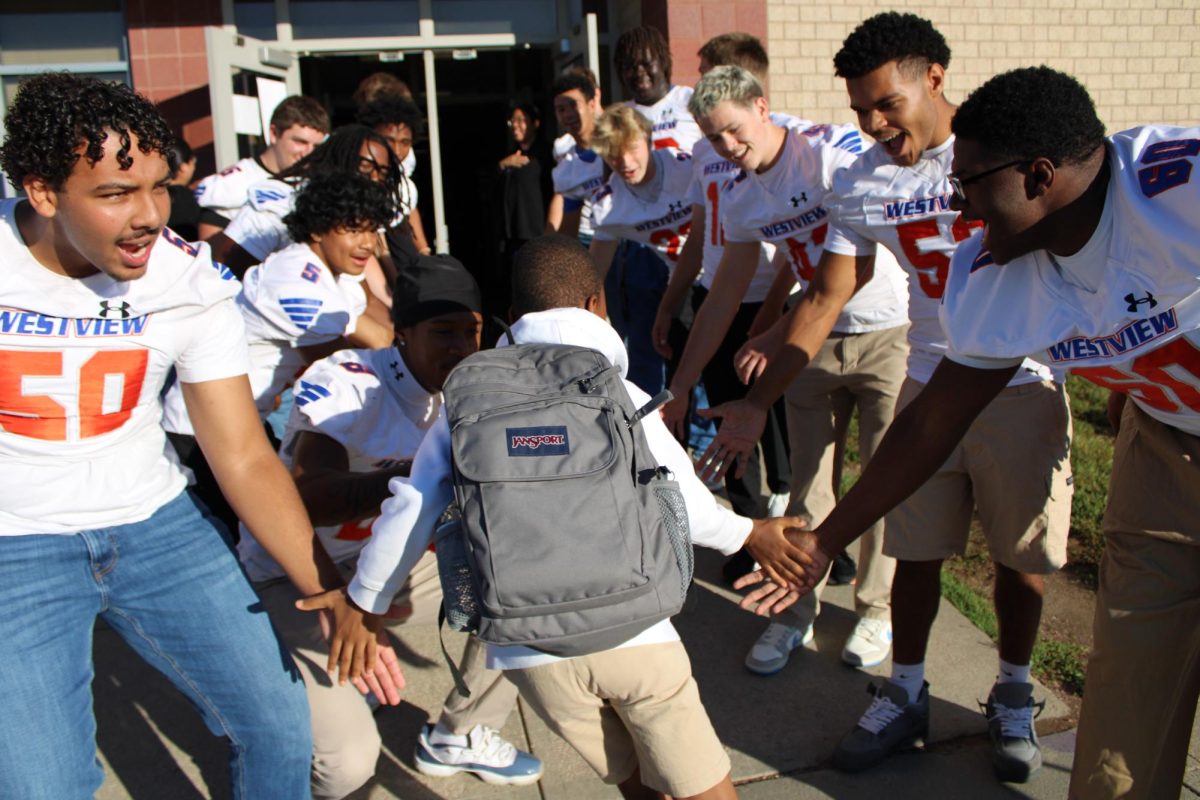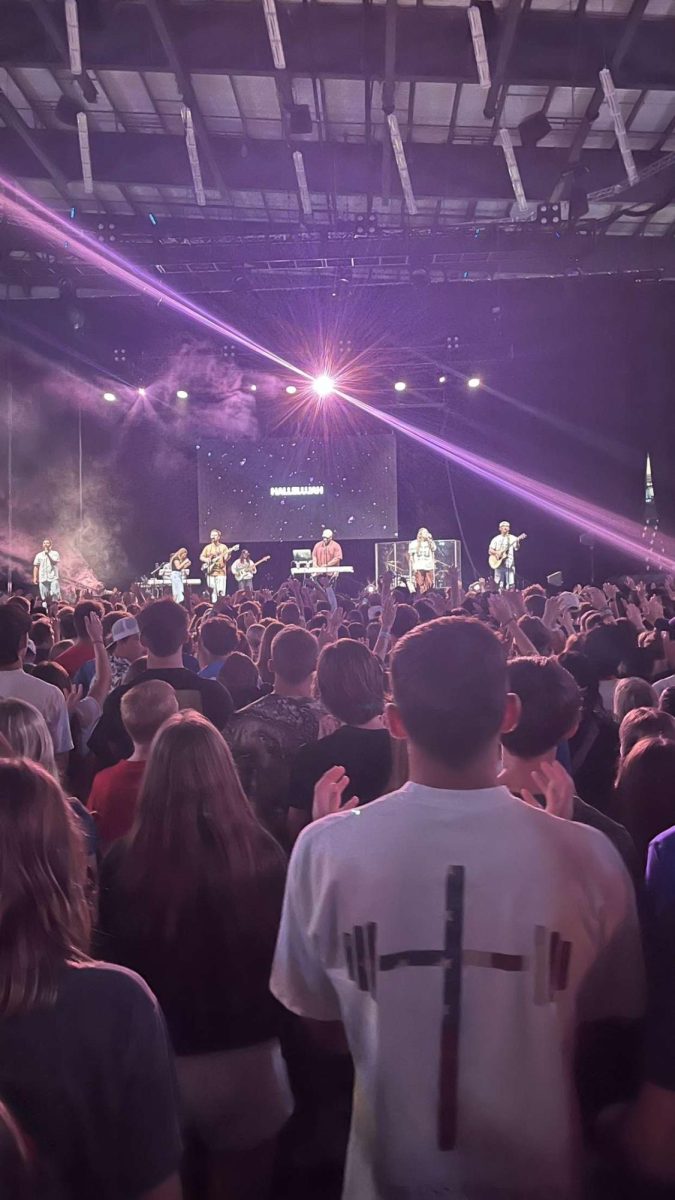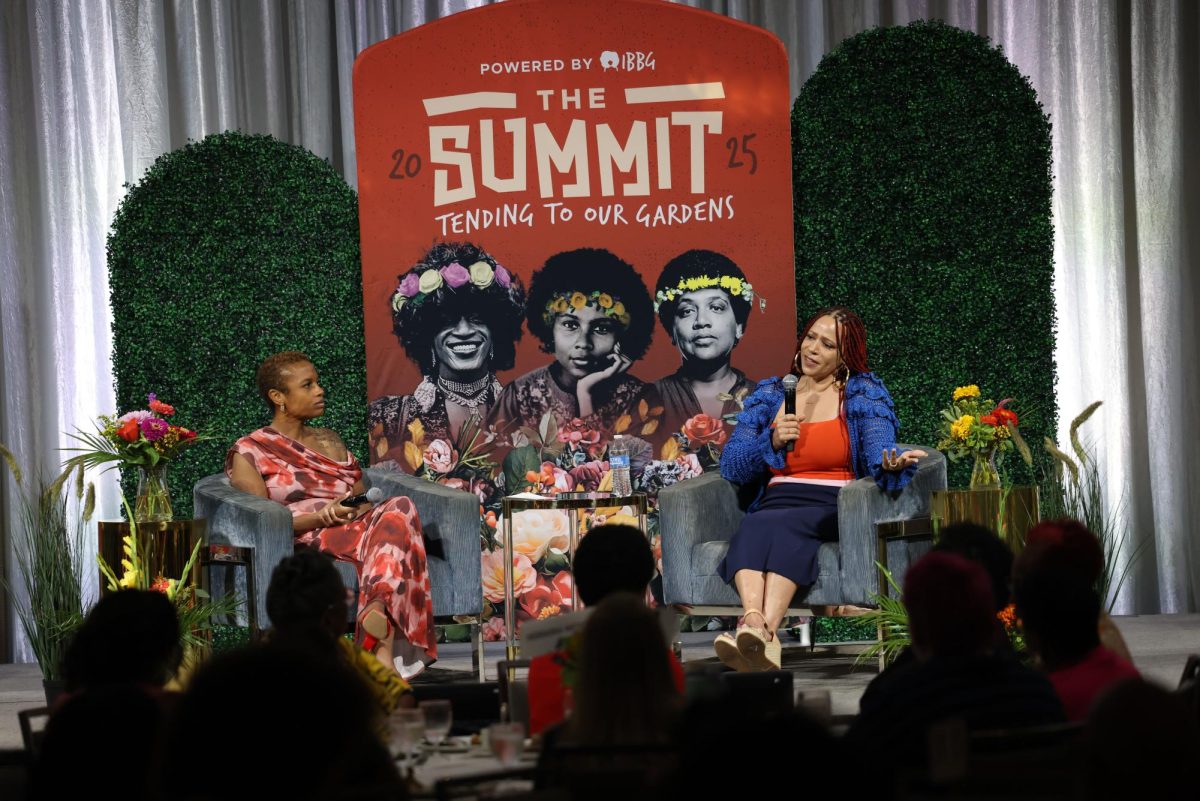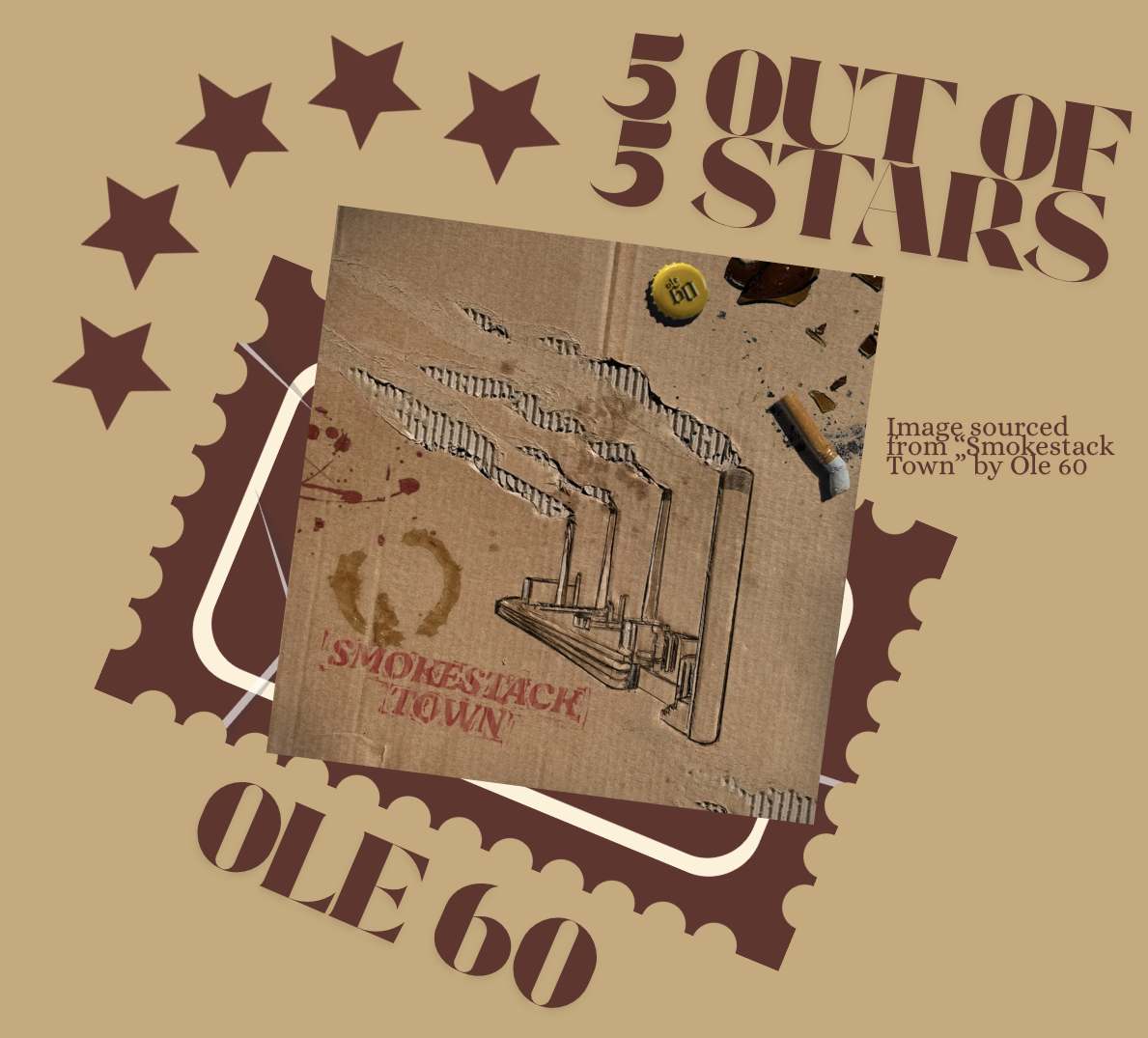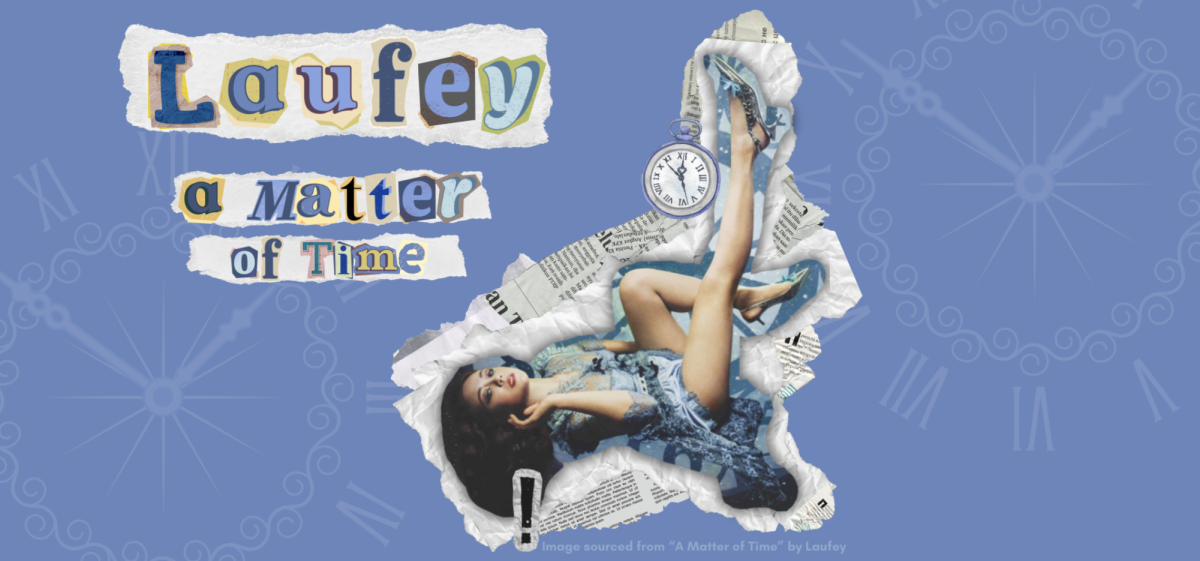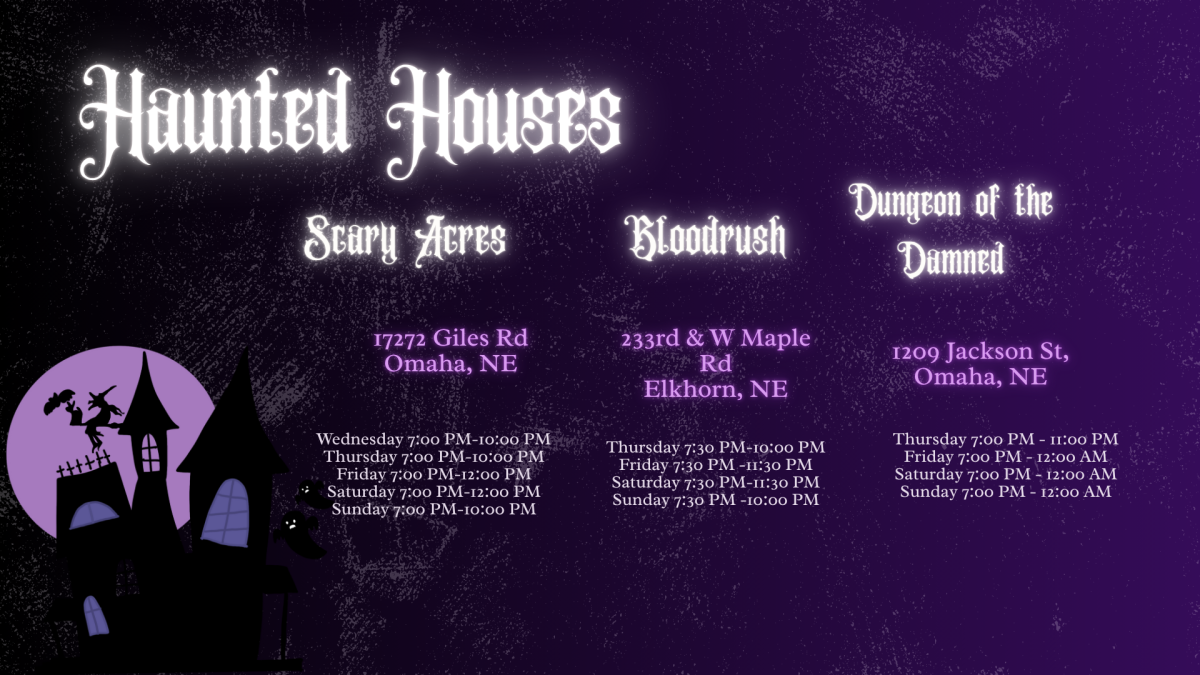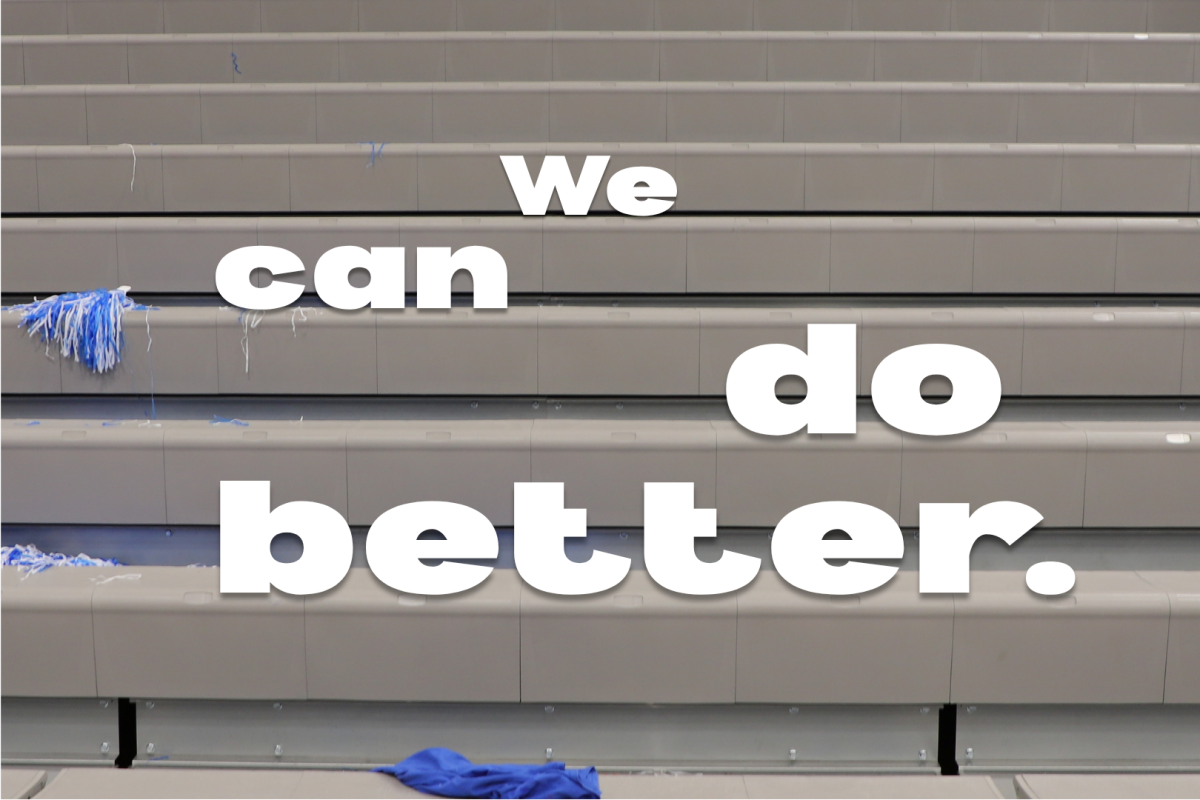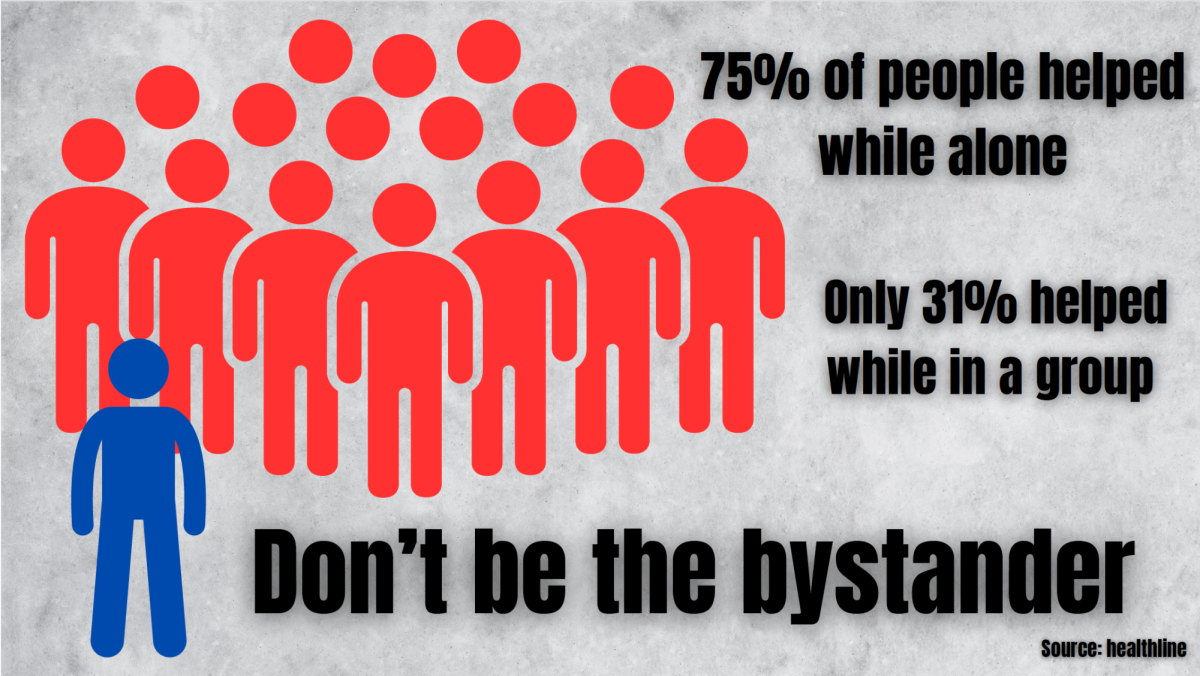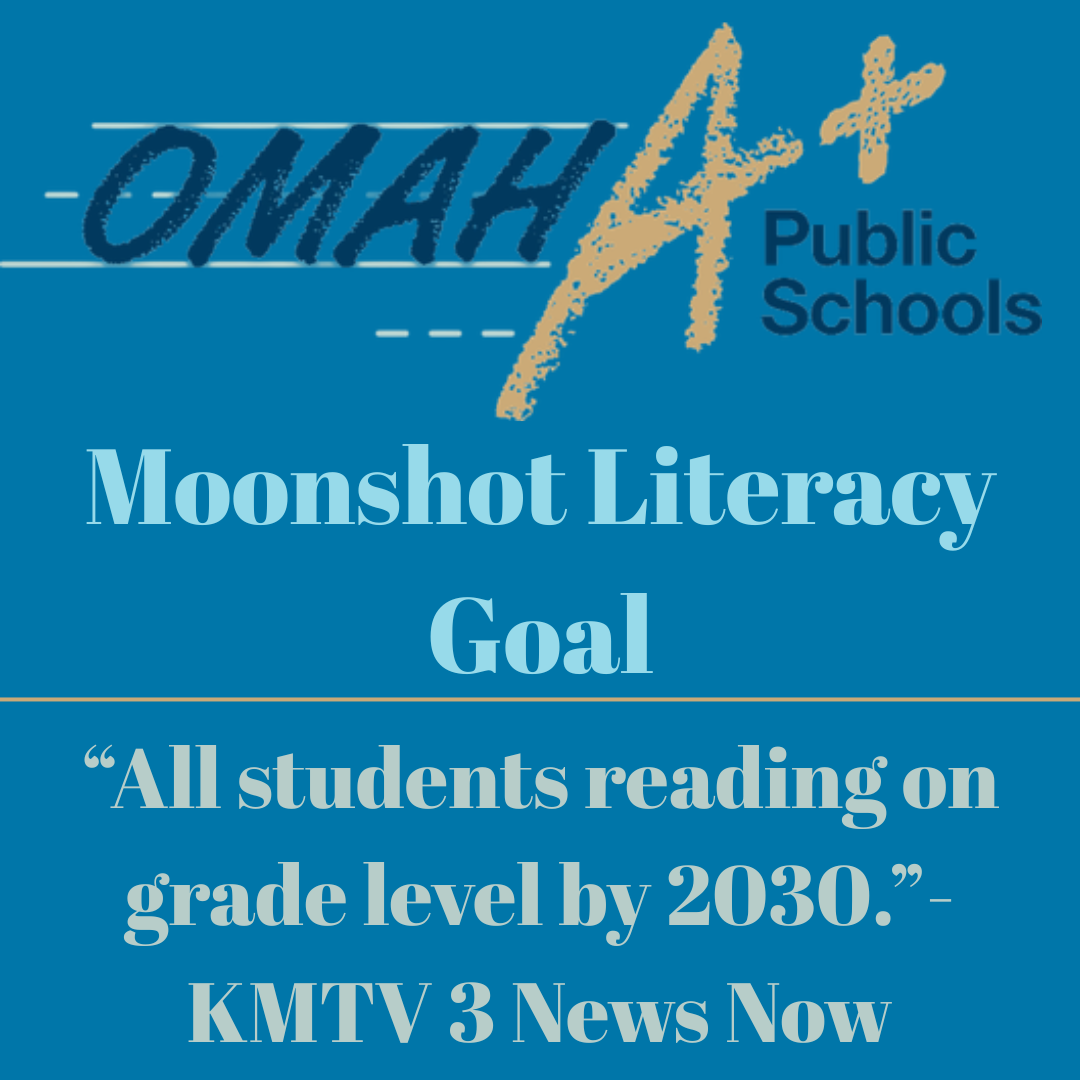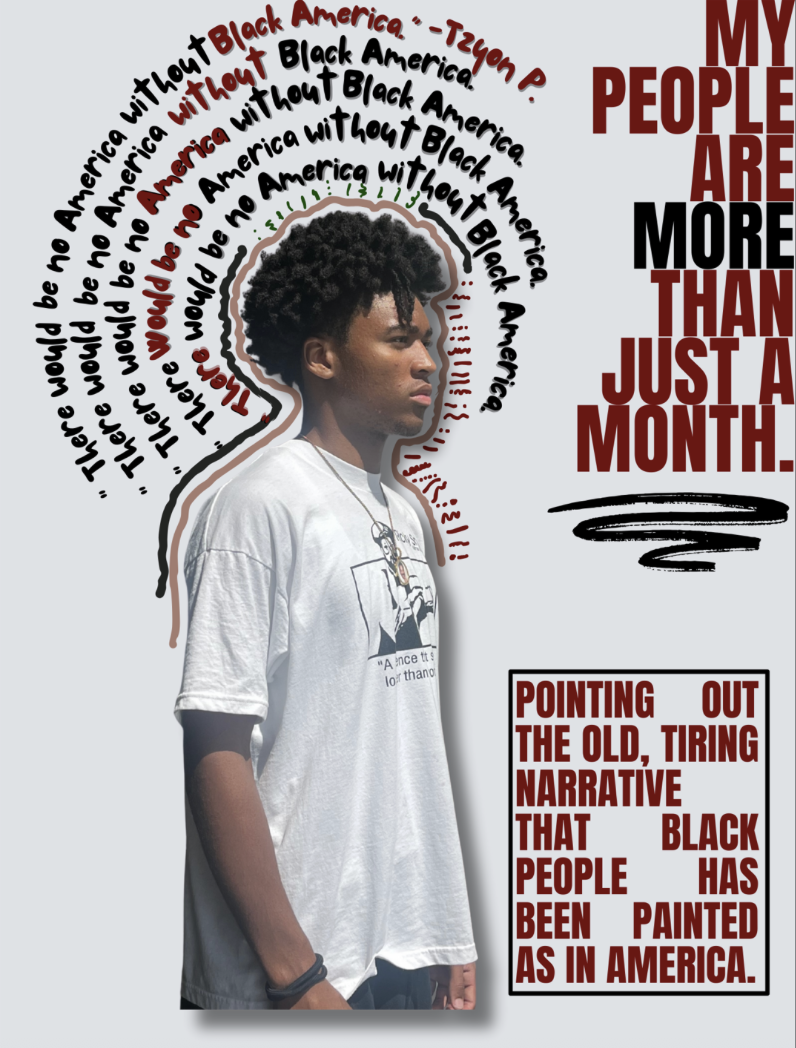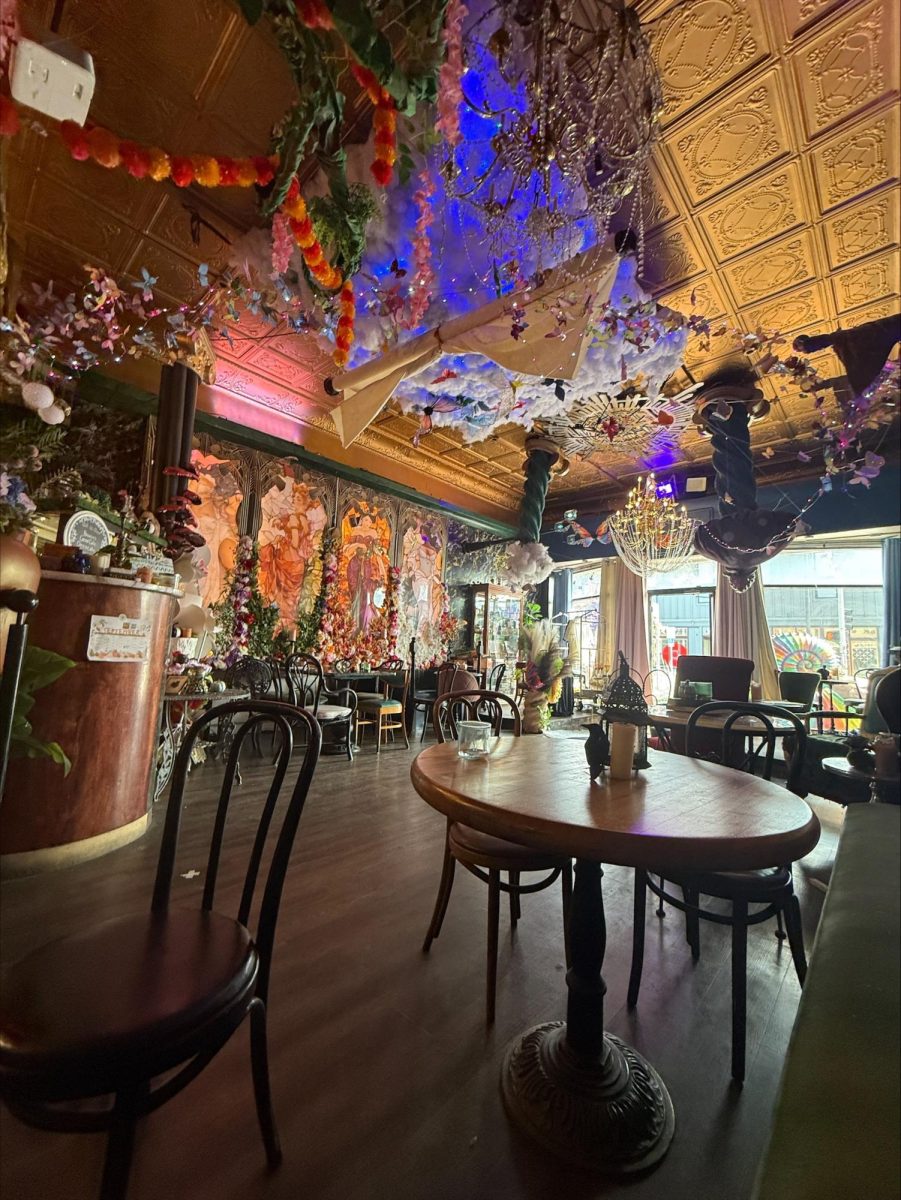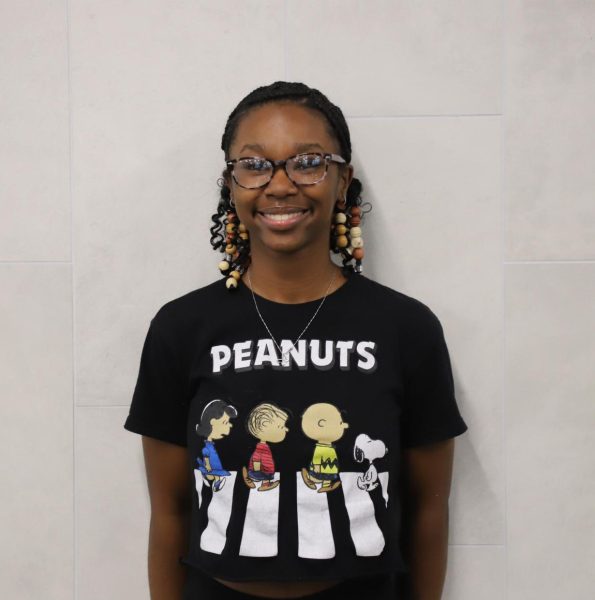Growing up in the public school system, the second month of the year was seen as a history unit – a grade to either fail or pass your class. You memorized that Martin L. King cartoon movie? Good job, there’s your substance for the month.
Black History Month has only been federally observed as a month-long celebration for less than 50 years – for most students, its inception is younger than their grandparents, maybe even around their parents’ age.
Since 1976, most states have observed February as the official month to commemorate people of African descent through teaching a watered-down version of loose, biased moments in history. It is a month to acknowledge the culture that was once deemed as ghetto or distasteful at a point of time now worth celebrating. The celebration of my people has been reduced to the shortest month of the year, giving us a mere 28 days (29 every four years) to honor the “struggles” that black people have faced through the system of American society.
Rest assured, my people are more than just a month to be celebrated.
Being in a predominantly white classroom meant being the source of all questions related to your history… but what part of Black history is actually being taught?
The all-too-familiar shared experience of being the Black kid that everyone looked at when speaking about slavery. The uncomfortable moment when your teacher carefully reads an excerpt from a civil rights activist, as they examine your facial expressions out of everyone in the class, to ensure that they are not offending you. That instance when adults automatically group you with the closest Black kid together, even if you’ve never seen that kid before in your life.
Why are these moments so common to the “Black” experience?
Blatant ignorance is at the core of this “patriotic” literary cannon being indoctrinated into the school’s curriculum nationwide, which results in my history becoming an almost taboo subject.
How many moments of my ancestor’s lives will never be known for the sake of upkeeping the image of America’s purity?
I’m sure you have seen the news.
The sudden push to deny the public to not only observe but also learn from these small glimpses of Black history shows exactly where America’s loyalty lies.
Instead of applauding the descendants of people who were once whipped to build the economy of their beloved country, this administration has gone out their way to purposefully erase, deny, and silence the work that Black people have done throughout the birth of America against their will.
“There would be no America without Black America.” Tzyon Patterson, 12, concluded.
Diversity, equity, and inclusion have become an infamous phrase of controversy amongst politicians and corporations in recent months, due to a plethora of baseless claims on if it should be instituted in working spaces. Somehow, this ideology has spread to the slashing of funding welfare programs, erasing thousands of media related to or with the word “Black” in it, and an attack on the public-school curriculum and funding.
But let me make one thing clear, Black history is American history.
“It is equally just as important as learning about other historical events like the Civil War. If we can learn about that, why can’t we learn about our history?” Avery Lovelace, 12, stated.
Without the millions that were made to stimulate the economy from the enslavement of Black people, the colonies would not have been able to purchase the weapon power needed to defeat Britain.
During the Civil War, the Confederacy depended on slave labor for food and building infrastructure according to NPS.gov.
As showcased in a study done by the University of Kansas, over 1.5 million Black people served in the United States Armed Forces in World War II. Black people were defending a country that gave them less rights than their white counterparts at that time.
“If we had a year-round study, it would expand people’s horizons more.” Brynnae Harris, 11, said. “We don’t get that much throughout the year unless it’s about wars, slavery…” Harris continued.
So no, it is not a controversial statement nor a debatable topic. You simply cannot teach American history without teaching Black History.
So why does Black heritage only get 28 days of emphasis on acknowledgment, then right back out the light for the remaining 337 days?
Since 2021, there has been a growing increase in exclusionary bills that have been proposed to legislation across the nation to further silence what my ancestors went through, and all their achievements.
Several states banned a newly implemented AP African American Studies course, not allowing it to be eligible for High School credits towards graduation.
Furthermore, the “STOP W.O.K.E.” act was signed into Florida’s law in 2022, which required teachers to present instruction that enslaved people “developed skills which, in some instances, could be applied for their personal benefit” according to floridasenate.gov.
These are just two out of hundreds of injustices that Black people must deal with on a daily basis because of the racist infrastructure that America has forced them into.
These attacks on the curriculum for public schools are more than just a “Black people issue”
Being complacent in a hostile political climate that is targeting a specific demographic of people that is outside of your race is no different than being on the side of the oppressors. To avoid speaking out against these policies because they don’t affect you directly shows just where your morales lies – compassion is only a priority when you are under attack.
The education board seems to have a peaked interest in teaching the youth whitewashed propaganda about their ancestors’ crimes but censors the raw actuality of these events.
Let me be clear, this state-sanctioned negligence silences the voices and experiences of those before me. If the youth cannot learn from the raw, unfiltered history we will be unfortunately doomed to repeat it.
My people are more than just a month – today, yesterday, and tomorrow.
